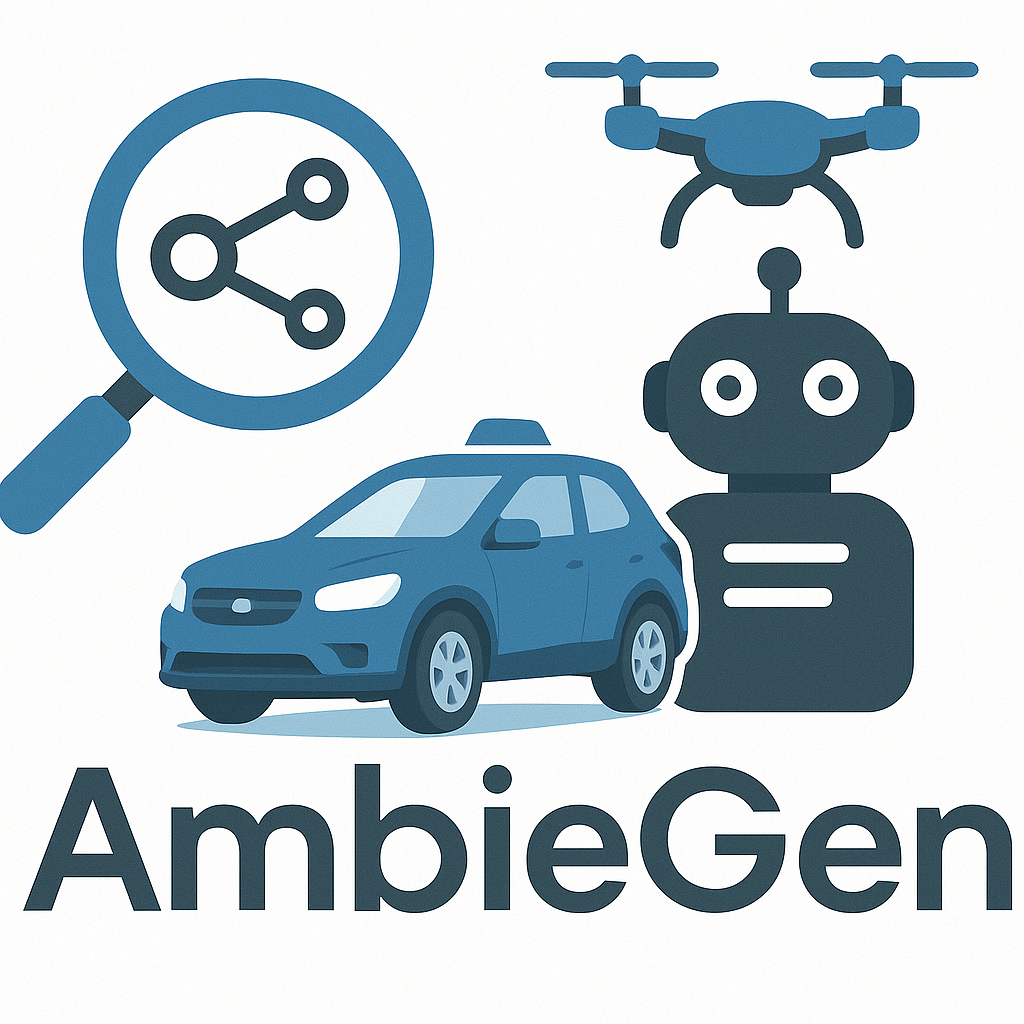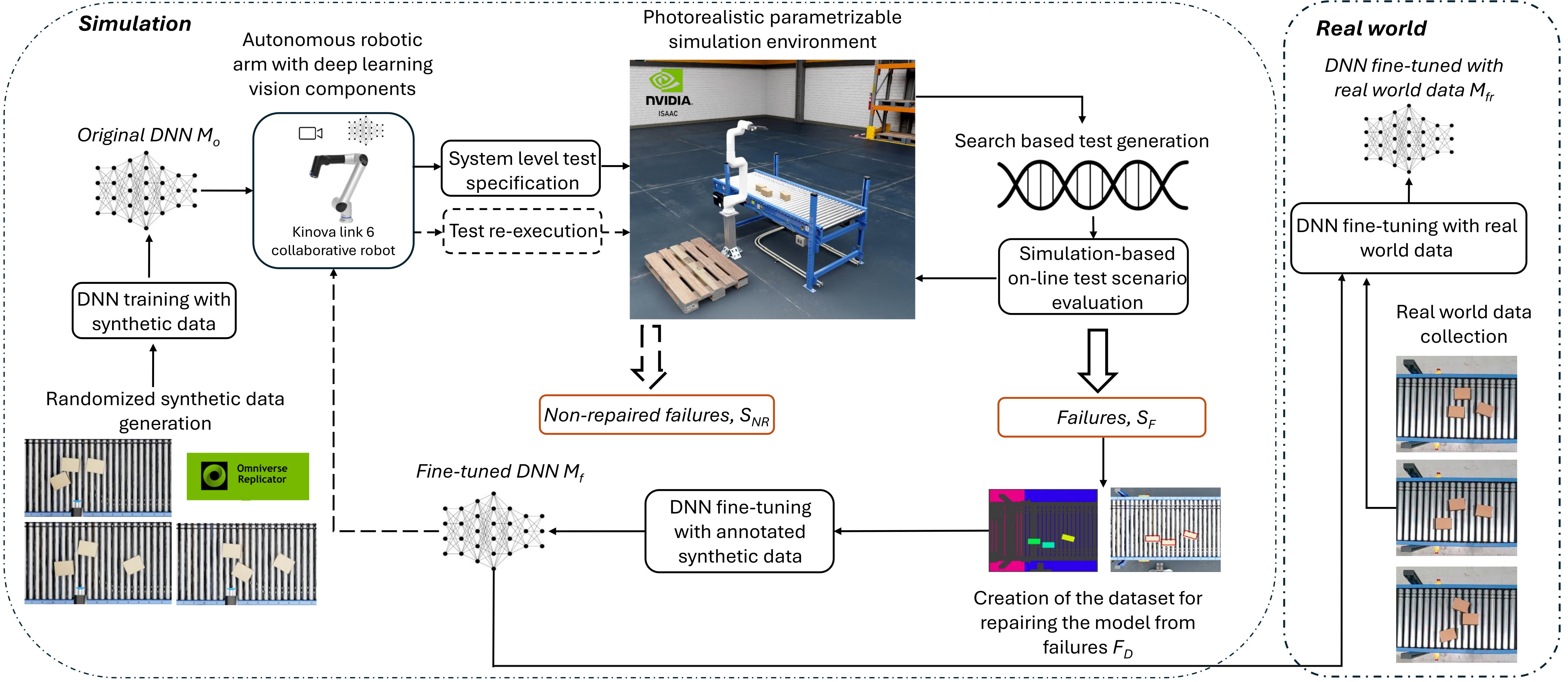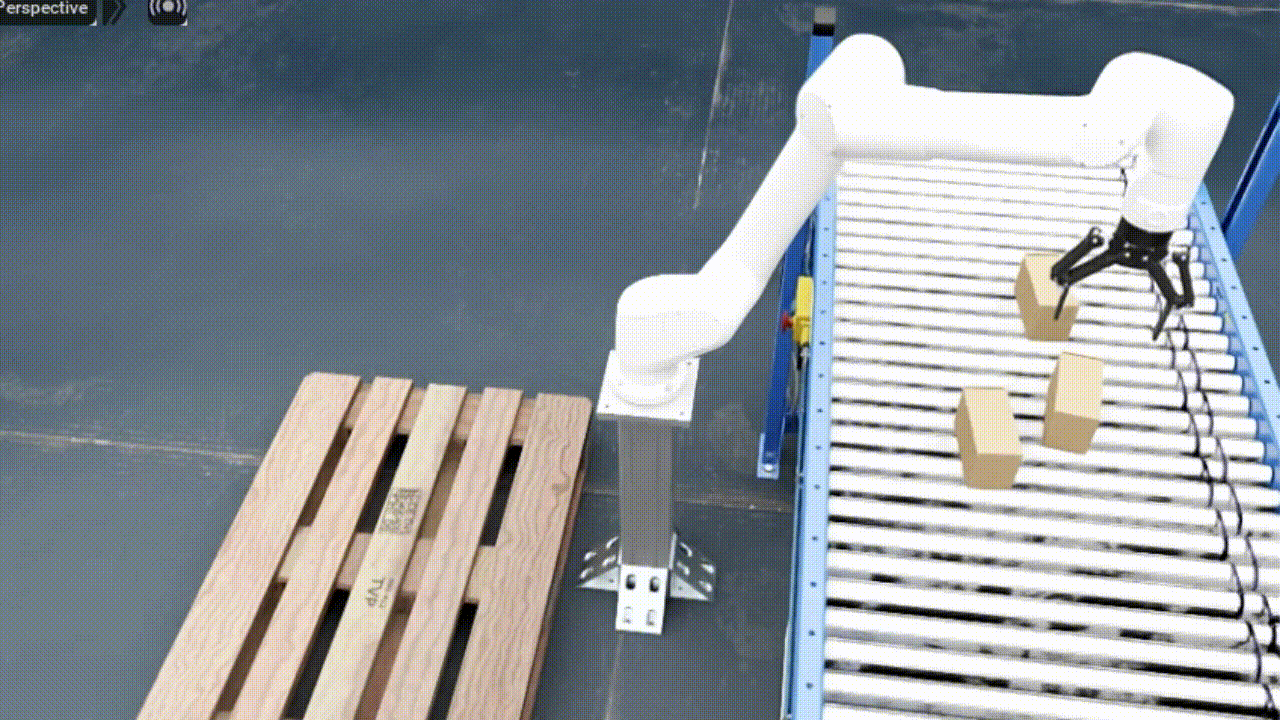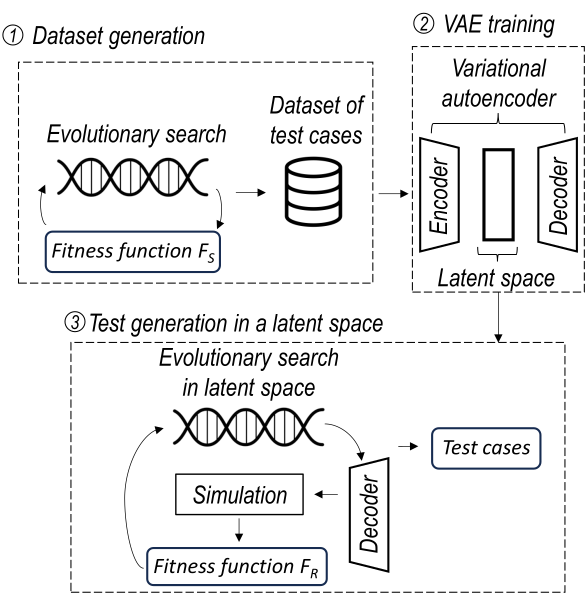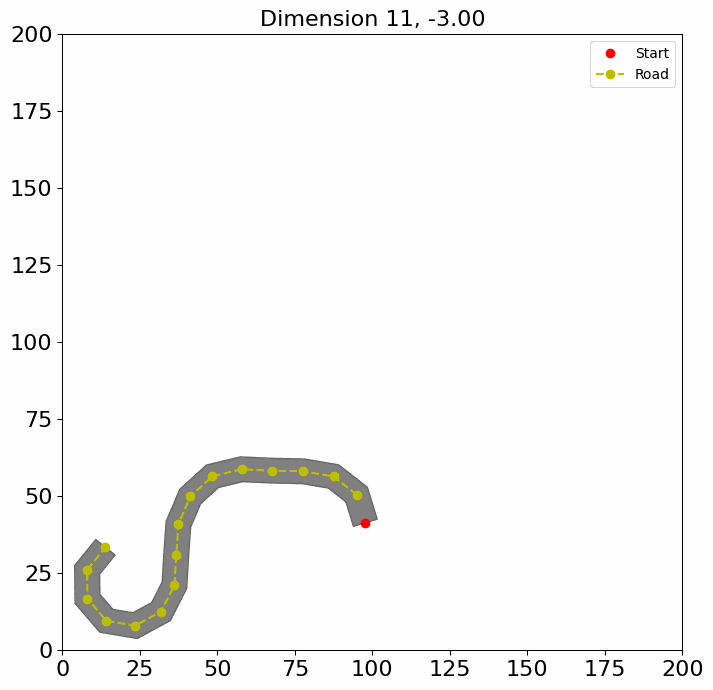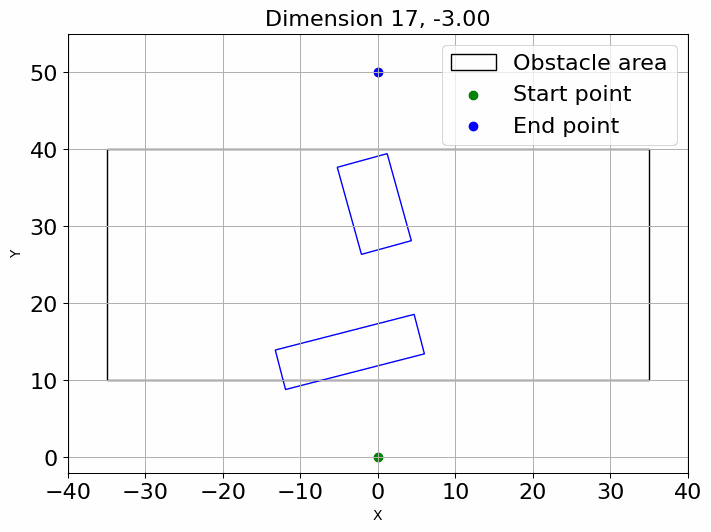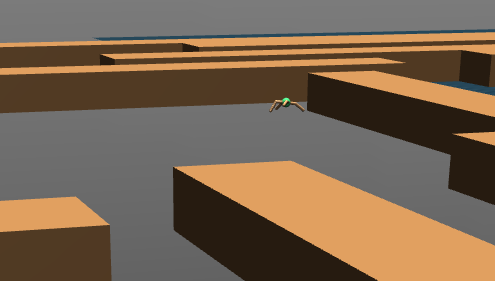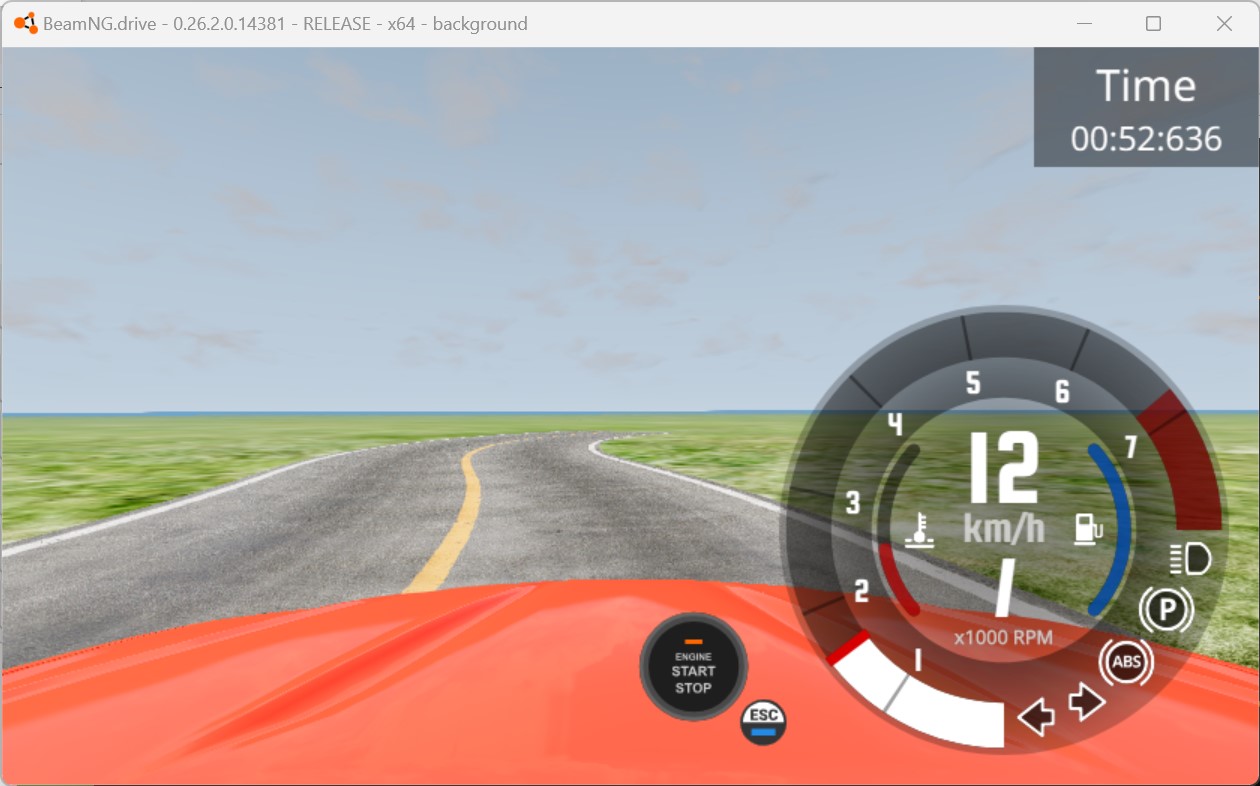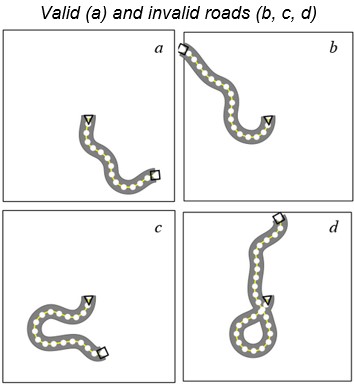Representation Improvement in Latent Space for Search-Based Testing of Autonomous Robotic Systems
We propose RILaST (Representation Improvement in Latent Space for Search-Based Testing) approach,
which enhances test representation by mapping it to the latent space of a variational autoencoder.
We evaluate RILaST on two use cases, including autonomous drone and autonomous lane-keeping assist system. Images below
illustrate how the test represented in a latent space changes by changing one of the latent variables.
Paper
Code
Reinforcement Learning Informed Evolutionary Search for Autonomous Systems Testing
Co-authors:
Prof. Khomh,
Prof. Antoniol
In this project we use Reinforcement learning to initialize some part of a genetic algorithm to improve the initial population and increase the efficiency of the search for useful test scenes.
We condunct experiments on the RL-controlled robotic ant as well as on an autonomous vehicle lane-keeping assist system.
Paper
Code
A framework for generating test scenes for autonomous cyber-physical systems with evolutionary search algorithms
Co-authors:
Prof. Khomh,
Prof. Antoniol
I this project we develop a tool for generating test-scenes for autonomous cyber-physical systems using evolutionary algorithms.
Our tool starts with a population of randomly generated test scenes and evolves them, promoting the test scenes that reveal failures of the system under test.
Refer to the approach paper for a more detailed description of the algorithm and to the tool paper for the description of the tool software.
Approach Paper
Tool Paper
Code
Co-authors:
Prof. Khomh,
Prof. Antoniol
This is a tool competition, where competitors should propose a test generator that produces virtual roads to test a vehicle lane keeping assist system. The aim of the generation is to produce diverse failure-inducing tests, i.e., roads that make the lane keeping assist system drive out of the lane.
The ranking of the tools is based on coverage which measures the number of failed tests and their diversity.
In 2022, our tool AmbieGen has won the competion.
Our submissions:
2021
(
),
2022
(1st place ),
2023
(2nd place )
2024
(2nd place )
2024
(UAV testing )

